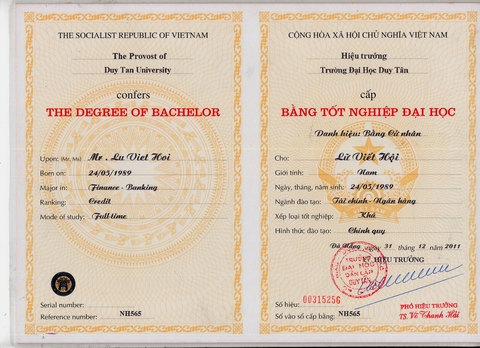
A focus group is a research method that gathers a small group of people and asks some questions. The group of people answer the questions in a moderating setting, and this way, the researcher collects the research data. Focus group for research is a very common methodology in the fields of social science, psychology, and behaviour studies. These groups help the researcher know about the traits of a population and let them answer the research questions. In today’s post, we will discuss the definition, components, and types of the focus group for research. So, let’s get started with the definition.
What is a focus group for research?
A Focus group is a qualitative data collection technique which is similar to interviews, but with the exception of a group. In focus group studies, the researcher selects between 4 to 8 research participants and forms a group. In this setting, the researcher asks some questions from the group members and gets know-how of their ideas, opinions, and concepts about the problem being studied. A focus group for research data collection meets five to ten times, and its conversation is facilitated by a moderator. Hence, this is what a focus group is.
Examples of focus group
The focus group technique for research data collection is used in various fields of study. Mostly, it is used where public opinion about an issue is very important. Some examples of this technique are as follows:
Example no. 1
Suppose a political party wants to know how the working class would react to the change in a specific policy. Now to know about this, the officials of the party decide to use the focus group for research data collection. They will select some people as respondents from the target population, i.e., working class, and interview them in the form of groups and note down their responses towards the change. This way, they will conclude whether or not to bring change.
Example no. 2
The Focus group research technique is also used in market research. For example, a cosmetic-manufacturing firm wants to launch a new product for its female customers. Before launching the product, the firm wants to have an idea of the overall response of the customers. So, the firm conducts focus group research to collect the anticipated responses and based on the reviews of the customers; it decides whether or not to launch the product.
Key components of a focus group for research
From the discussion above, you know that a focus group is about gathering several people as respondents to discuss a topic or issue. However, to make sure that this discussion goes smoothly, you need to know about its components. There are three major components of a focus group for research, and a brief description of each is as follows:
- The moderator. A moderator is one who asks questions from research participants. The moderator must be experienced and have a complete understanding of the research project being carried out.
- The participants. The second most important component of a focus group for research data collection is the participant. A participant is a person who is going to respond to the problem and answer the questions posted by the moderator.
- The observer. The observer is the last component of a focus group study. It is often the client who is present in the study to observe the responses of the respondents.
Major types of a focus group for research
Having discussed the major components of focus groups, let’s now take a look at the major types of this research method. Although there are 5 to 6 types of this method, here, we will only discuss the major ones. Hence, based on the way of carrying out a research study, a brief description of the major types is as follows:
- Two-Way focus group. In this first type of focus group for research, one group watches the other group answering the question. This type is mostly used in B2B focus groups where more in-depth information is required about the problem or topic.
- Dual Moderator. In this type of focus group study, there are two moderators leading the conversation. Both moderators ask the same question but from different angles and perspectives. Therefore, this method is considered more productive than others.
- Duelling Moderator. Two moderators lead the discussion in this type too, but the difference is that both moderators present their two sides. This technique is the best for comparing two things. It is one of the most difficult types of focus group study to conduct. Therefore, getting PhD dissertation help is very helpful in this situation.
Conclusion
In this post, we have discussed the method of the focus group for research data collection. There are three major components of this research method, i.e., moderator, participant, and observer. All these three components combine and help the researcher carry out effective research. In the end, some major types of this study are also discussed.



